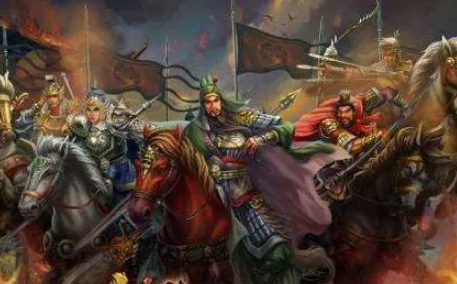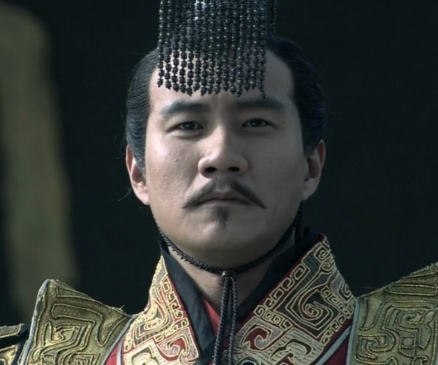The Xia Dynasty, as the first dynasty in Chinese history, carries the long historical memory of the Chinese nation. However, there has been controversy about the reasons for the fall of the Xia Dynasty. Among them, one argument is that the Xia Dynasty was destroyed by an earthquake. So, is this argument tenable? This article will explore this issue from multiple perspectives.

Firstly, from the perspective of historical documents, ancient documents do not clearly record the event of the Xia Dynasty being destroyed by an earthquake. Historical records such as the "Records of the Grand Historian" mainly focus on the governance of Dayu and the tyranny of Xia Jie, without mentioning disasters caused by earthquakes. Therefore, based on the available literature, it cannot be determined whether the Xia Dynasty was destroyed by an earthquake.
Secondly, from the perspective of archaeology, although some geological phenomena related to earthquakes have been found at the Erlitou cultural site, these phenomena are not sufficient to prove that the Xia Dynasty was destroyed by an earthquake. In addition, archaeologists have discovered a large number of bronze and jade artifacts at the site, which reflect the prosperity of the Xia Dynasty society in politics, economy, culture, and other aspects, rather than the destruction caused by natural disasters.
Thirdly, from the perspective of geographical environment, the main ruling area of the Xia Dynasty was located in the Yellow River Basin. Although earthquakes have indeed occurred in this area in history, there is no evidence to show that these earthquakes have a direct relationship with the fall of the Xia Dynasty. In addition, the terrain and climate conditions in the lower reaches of the Yellow River during the Xia Dynasty were relatively stable, and it was unlikely to have large-scale and sustained earthquake activities.
Finally, from the perspective of historical development, the fall of the Xia Dynasty may be related to internal political corruption, external wars, and other factors. According to ancient books such as "Bamboo Annals", the last emperor of the Xia Dynasty, Xia Jie, was tyrannical and corrupt, leading to widespread public dissatisfaction and rebellion by the vassal states. In the end, Shang Tang rose up against the Xia Dynasty, and it fell. This historical process is more consistent with the general laws of ancient dynasty changes.
In summary, although earthquakes, as a natural phenomenon, have indeed had an impact on human society in history, it lacks sufficient evidence to blame the fall of the Xia Dynasty on earthquakes. The disappearance of the Xia Dynasty may hide more complex historical reasons and social conflicts. To truly unravel the mysterious veil of the fall of the Xia Dynasty, further excavation and research of historical materials, archaeological findings, and comprehensive analysis of related disciplines are needed.
Disclaimer: The above content is sourced from the internet and the copyright belongs to the original author. If there is any infringement of your original copyright, please inform us and we will delete the relevant content as soon as possible.
































